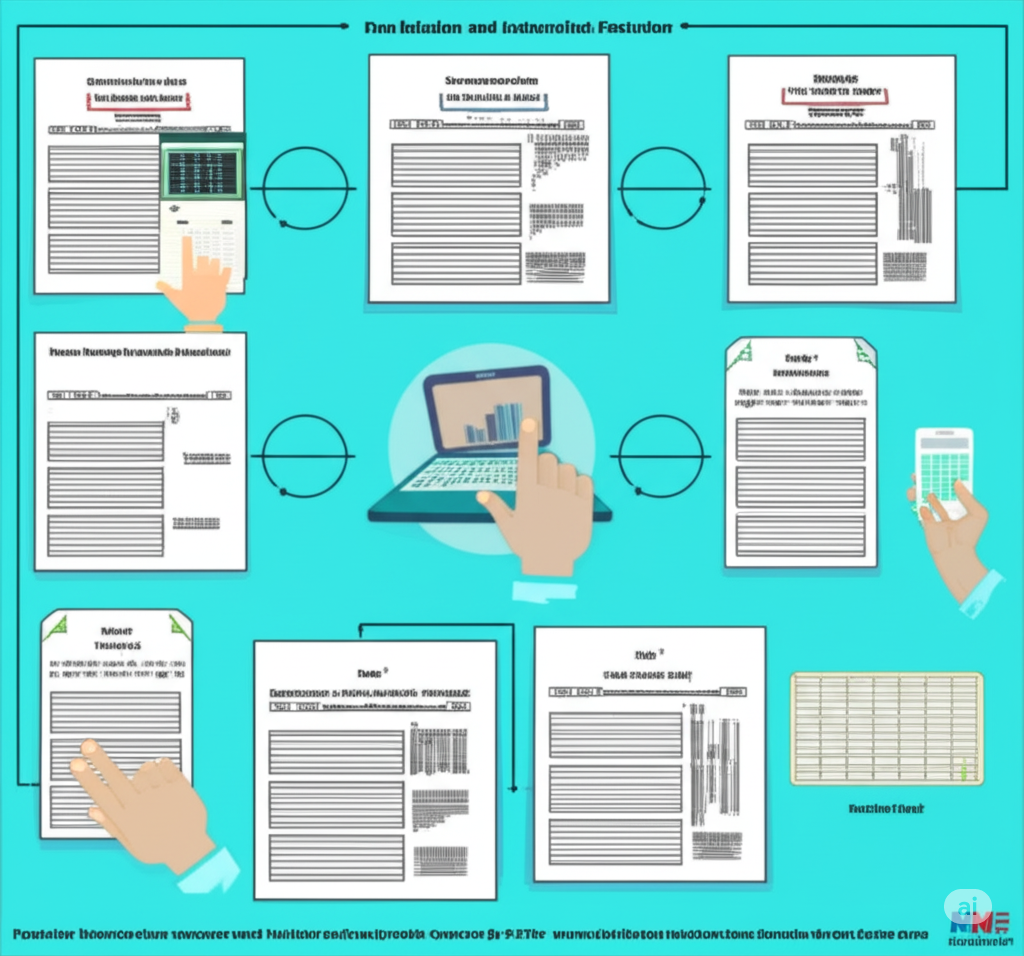In the US accounting and auditing professions, thorough and accurate documentation is not merely a procedural formality—it is a fundamental requirement for ensuring transparency, accountability, and the reliability of financial information. Proper documentation serves as evidence of the work performed, supports the conclusions reached, and provides a clear audit trail.
Key aspects of documentation in US accounting and auditing include:
- Supporting Financial Statement Balances: Maintaining detailed records and evidence to support the amounts reported in the financial statements.
- Documenting Internal Controls: Describing the design and implementation of internal control systems.
- Recording Audit Procedures: Clearly outlining the nature, timing, and extent of audit procedures performed.
- Evidence of Management’s Assertions: Providing documentation that supports management’s claims in the financial statements.
- Facilitating Review and Supervision: Enabling reviewers and supervisors to understand the work performed and assess its quality.
- Compliance with Professional Standards: Adhering to the documentation requirements outlined in US GAAP and auditing standards.
Inadequate or incomplete documentation can lead to significant challenges during audits, regulatory reviews, and even legal proceedings. Therefore, US accounting and auditing professionals place a strong emphasis on maintaining comprehensive, well-organized, and easily understandable documentation of their work.
What are some best practices your organization follows to ensure effective documentation in your accounting and auditing processes? What challenges do you often encounter in this area? Share your insights!

